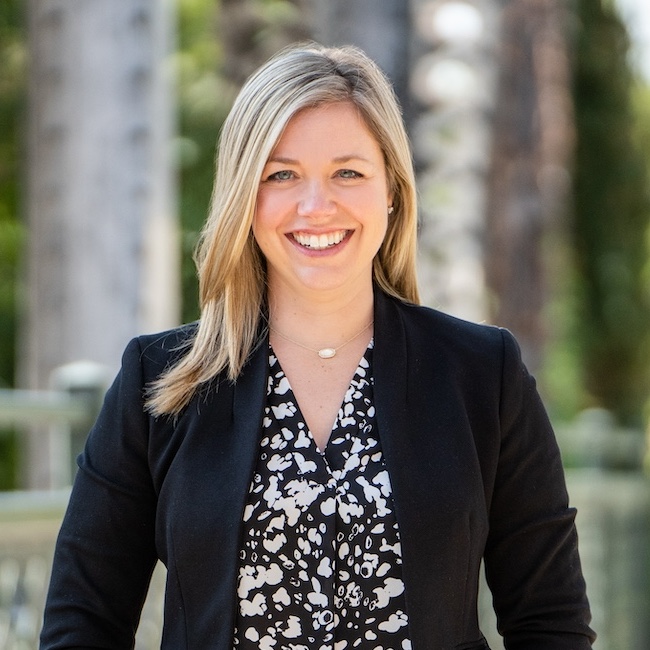It’s easy to think of a cannabis business license as the first step in your entrepreneurship journey. But the process to apply for—and successfully acquire—that license is typically more involved and time-consuming than many imagine.
Rather than viewing the application process as the beginning of your tenure as founder, approach it as a chance to dig deep into the kind of business you’re building. Before you even put pen to paperwork, there are a few fundamental questions that will shape your long-term plans:
- Are you applying for a specific license category, such as a microbusiness or nursery?
- Do you already have a corporate structure or limited liability structure in place?
- Will you eventually be expanding your business from single-state to MSO?
- Are you getting started in an established or emerging market?
- Do you have boots on the ground or a trusted resource familiar with the license application process and the nuances specific to your jurisdiction?
- What supporting materials are required for the application?
With this background information already in mind, it’s far easier to assemble the slew of application materials—which can be an especially long and complex list depending on the age of the market. Colorado’s application clocks in at a cool 16 pages. Compare that to Illinois, which has a 40-page application and such a wide range of fees it requires a table to break it all down.
The better prepared you are at the outset of the process, the more competitive you’ll be—especially as a small-to-midsize and/or social equity enterprise. After all, big-budget MSOs have the money and manpower to have scouts in emerging markets long before they open, learning everything they can about anticipated regulations in advance.
Social Equity Licenses and Their Complications
One of the most significant factors in shaping a cannabis business license hinges on social equity. While some states like Illinois and New York give priority to social equity license applicants, the proof required to establish those bona fides is substantial.
Additionally, who qualifies as a social equity license holder varies greatly from state to state. In Minnesota—a state frequently praised for getting social equity “right” even in the early stages of establishing its adult-use market—prospective applicants could include justice-involved individuals, veterans and residents of low-income neighborhoods disproportionately impacted by the War on Drugs. Contrast that to New York, where a group of disabled military veterans filed a lawsuit alleging their exclusion from the state’s initial round of license applications was unconstitutional.
Not only do definitions of “social equity applicant” vary by state, so do the application requirements. Some states stipulate a particular ratio of social equity-qualifying employees or corporate stakeholders to non-social equity staff and leadership. And gathering documentation proving eligibility lengthens the process.
That’s why it’s crucial to have local partners who can help founders get a gestalt view of the application process unique to their jurisdiction—not just state regulations, but your county and municipality too. Again, well-established MSOs with big footprints and deep pockets can invest in the corporate equivalent of street teams that can learn well ahead of time not just the letter of the law, but the more ephemeral details regulators are looking for in application materials.
Whether or not you hire those supportive roles in-house or engage ancillary service providers is up to your business plan and budget. The important thing is not to leave that key support out of said roadmap—or your enterprise might not get off the ground. In addition to legal and business consultants, some of the most successful brands in cannabis also look to copywriters and creative talent who are familiar with the kind of language and inclusions regulatory bodies want to see. That’s an added expense up front, but one that can make or break a licensing application. In cannabis regulation and marketing alike, it’s not just what you say, but how you say it.
The Power of Preparation
Ultimately, the name of the game is preparation. The application process can be rigorous, especially when regulators in new markets are building the policy plane as it’s taking off. But the multitude of information regulators ask for—your operations and/or business plan (some states require both, though it seems redundant), the facility lease and design plans, company name and branding, trademarks and other intellectual property, just to name a few—also help set you up for success.
With core components of your business in place well before you get your license in hand, even small businesses with limited investment can start strong. This pre-planning process not only will help you win a coveted license, but also hang onto it long-term.

Alyson Jaen is a cannabis attorney specializing in cannabis law, licensing and regulatory compliance, as well as general corporate and business law at Messner Reeves LLP. Messner Reeves provides nationwide legal services from nine offices in Colorado, California, Nevada, New York, and Utah to a diverse group of clients ranging from Fortune 500 companies to individual entrepreneurs.












